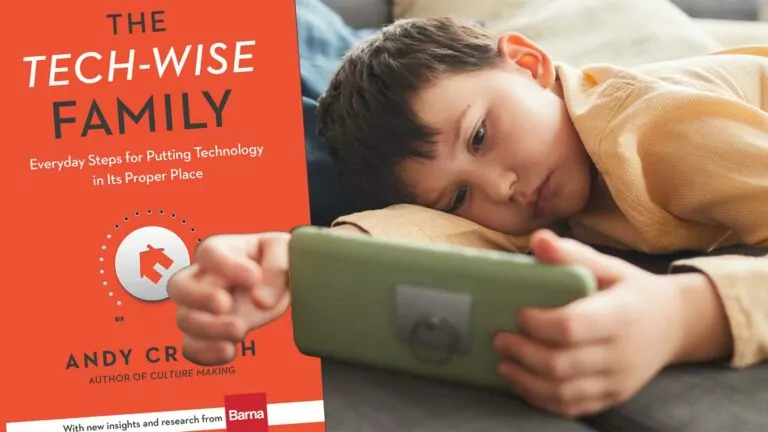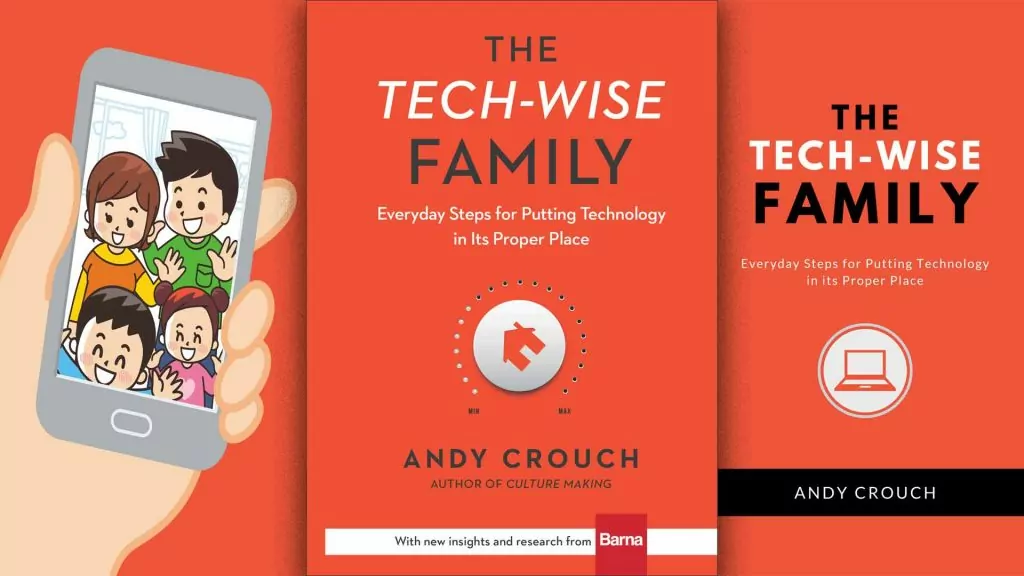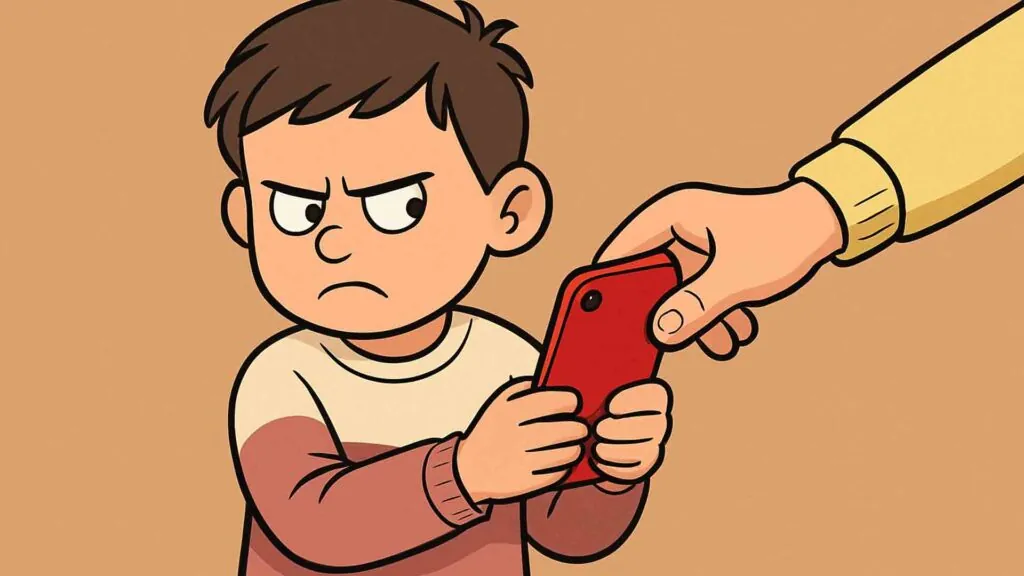One of the biggest pulls screens have on us is their promise to “solve” our boredom. Have to wait in a line at the bank? Don’t know when the doctor will see you? Have to get some work done and the kids are complaining about having nothing to do? It’s screens to the rescue!
Or is it? In these quotes from The Tech-Wise Family, Andy Crouch presents a very different perspective on screens (and a very good reason to buy a copy of his book!).
A modern problem?
“In the history of the human race, boredom is practically brand new – less than three hundred years old. The English word does not appear until the 1830s, and its parent word bore (as a noun – “he is such a bore”) appears only a century earlier….”
Lost sense of wonder
“The technology that promises to release us from boredom is actually making it worse – making us more prone to seek empty distractions than we have ever been. In fact, I’ve come to the conclusion that the more you entertain children, the more bored they will get.”
“As screens – movies, TV, video games – present a world far more colorful and energetic than the created world itself, they not only ratchet up our expectations for what is significant and entertaining; they also undermine our ability to enjoy what we could call the abundance of the ordinary…. And the ones who used to be able to see this ordinary abundance in all its glory, in all its full capacity to delight and transfix our attention, were children. Children were the ones who simply went out to play in the ordinary world, even with no toys at all, because they had something far better than toys: grass and dirt, worms and beetles, trees and fields…. This world is lost to many of our children, and to ourselves.”
“Boredom is actually a crucial warning sign – as important in its own way as physical pain. It’s a sign that our capacity for wonder and delight, contemplation and attention, real play and fruitful work, has been dangerously depleted.”
Idle hands (and minds) are the Devil’s playground
“Nearly half of teenagers who use porn, according to Barna’s research, say they do so out of boredom – higher than for any other age group.”
“…the most important things we will do to prevent porn from taking over our own lives and our children’s lives have nothing to do with sex. A home where wisdom and courage come first; where our central spaces are full of satisfying, demanding opportunities for creativity; where we have regular breaks from technology and opportunities for deep rest and refreshment (where devices “sleep” somewhere other than our bedrooms and where both adults and children experience the satisfactions of learning in thick, embodied ways rather than thin, technological ways); where we’ve learned to manage boredom and where even our car trips are occasions for deep and meaningful conversation – this is the kind of home that can equip all of us with an immune system strong enough to resist pornography’s foolishness.”
Fight frittering
“There is a better way. ….But let me be direct and honest: this better way is radical. It requires making choices that most of our neighbors aren’t making. It requires making choices that most of our neighbors in church aren’t making. Let me put it this way: you don’t have to become Amish, but you probably have to become closer to Amish than you think.”
“So if you do only one thing in response to this book, I urge you to make it this: Find the room where your family spends the most time and ruthlessly eliminate the things that ask little of you and develop little in you. Move the TV to a less central location – and ideally a less comfortable one. And begin filling the space that is left over with opportunities for creativity and skill, beauty and risk.”












